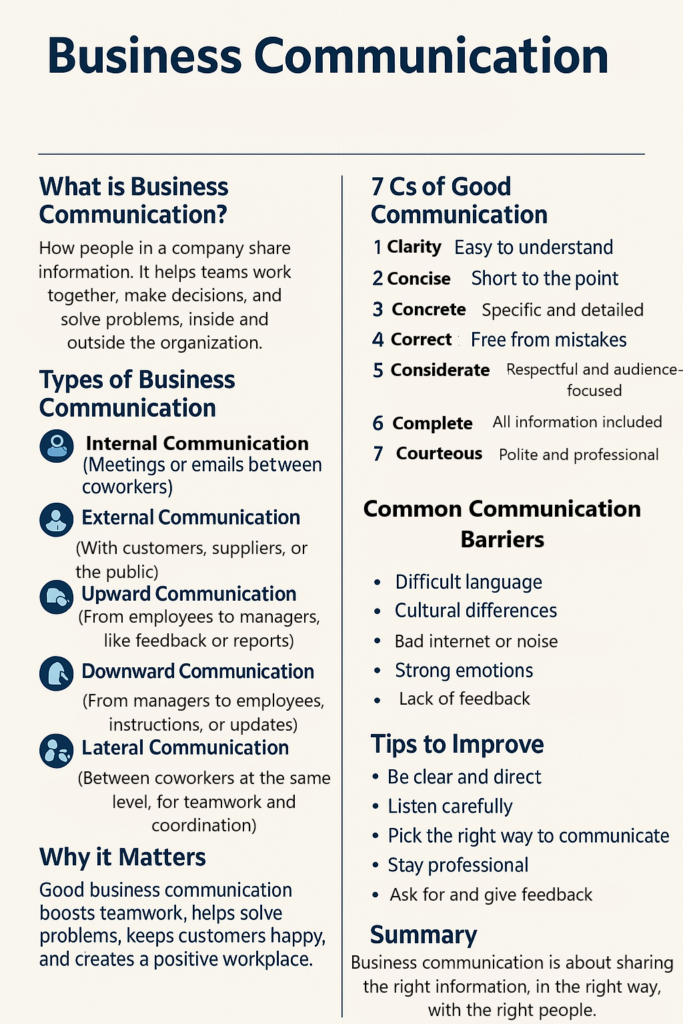Extracurricular activities are activities that students participate in outside of regular school classes. These include things like sports, music, drama, clubs, volunteering, and leadership roles. While academic learning is important, extracurricular activities play a crucial role in student development. Let’s break it down to understand how these activities help students grow in different ways.

1. Personal Growth and Self-Confidence
- Building Self-Esteem: When students participate in activities like sports, music, or drama, they often face challenges. Overcoming these challenges, whether it’s winning a game or performing well in a play, helps build confidence.
- Discovering Interests and Talents: Extracurricular activities give students a chance to explore what they’re passionate about. Whether it’s art, coding, or playing an instrument, trying out different activities can help them discover hidden talents.
2. Time Management and Responsibility
- Balancing Academics and Activities: Students who participate in extracurriculars learn how to manage their time effectively. They must balance homework, activities, and other commitments. This skill is essential in life as it helps them stay organized and meet deadlines.
- Being Responsible: Extracurriculars often require students to commit to a schedule, show up on time, and work as a team. Learning to be responsible in these activities helps students develop a strong sense of discipline that can transfer to other areas of life, including academics and work.
3. Social Skills and Teamwork
- Making Friends: Extracurriculars allow students to meet new people who share similar interests. This can help shy students make friends and feel more connected to their school.
- Teamwork and Collaboration: Many extracurricular activities, especially sports or group projects, require students to work together. By collaborating, they learn important skills like communication, negotiation, and problem-solving. This is great practice for the real world, where teamwork is often key to success.
4. Leadership and Initiative
- Taking on Leadership Roles: Activities like student government, club leadership, or being a team captain give students a chance to lead others. Leadership teaches them how to make decisions, motivate others, and manage conflicts. These skills are important for their future careers and personal lives.
- Learning Initiative: Extracurriculars encourage students to take initiative. Whether it’s organizing an event or starting a new project, students learn to take charge and be proactive, which is valuable in any profession.
5. Cognitive Development and Creativity
- Critical Thinking: Many extracurricular activities, especially those that involve problem-solving like coding, chess, or science clubs, stimulate students’ brains. These activities encourage critical thinking and creativity, which help in schoolwork and in solving real-world problems.
- Expressing Creativity: Activities like drama, music, art, and writing give students an outlet for their creativity. This boosts imagination and can help students express themselves in ways they may not be able to through words alone.
6. Physical Health and Well-Being
- Staying Active: Sports and physical activities help students stay healthy and develop good fitness habits. Regular physical activity is not only important for the body, but it also helps reduce stress and improve mental well-being.
- Stress Relief: Participating in activities like yoga, sports, or even hiking can be a great way for students to relax, take a break from academic pressures, and recharge.
7. Community Engagement and Social Responsibility
- Volunteering and Service: Many extracurricular activities involve giving back to the community, like volunteering at local charities or participating in environmental clubs. These activities help students develop empathy and a sense of responsibility toward others.
- Making a Difference: Engaging in community service or activism can help students understand the importance of social issues and how they can play a role in making positive changes in society.
8. Career Development
- Building a Resume: Extracurriculars give students a chance to build a strong resume. Participation in activities, especially leadership roles, shows future employers or college admission officers that the student is well-rounded, disciplined, and capable of handling multiple tasks.
- Developing Career Skills: Some activities, like internships, debate clubs, or science fairs, help students develop skills directly related to their future careers. For example, joining a coding club can help students who want to pursue a career in technology.
9. Cultural Awareness and Global Perspective
- Exposure to Different Cultures: Through clubs like international relations or exchange programs, students can become more aware of other cultures and global issues. This helps them develop a broader worldview and better understand and appreciate diversity.
- Learning to Adapt: Extracurriculars can help students develop cultural sensitivity and adaptability. For example, a student who participates in an international student exchange program will learn how to communicate and thrive in different cultural environments.
Conclusion:
Extracurricular activities play a major role in shaping well-rounded individuals. They help students grow emotionally, socially, physically, and intellectually. Beyond just enhancing academic performance, these activities build essential life skills like self-confidence, leadership, teamwork, and time management. These skills are valuable not only in school but also in future careers and personal lives.
In short, extracurricular activities give students the opportunity to explore new interests, develop important life skills, and create lasting friendships—all of which are important for their overall growth and development.







